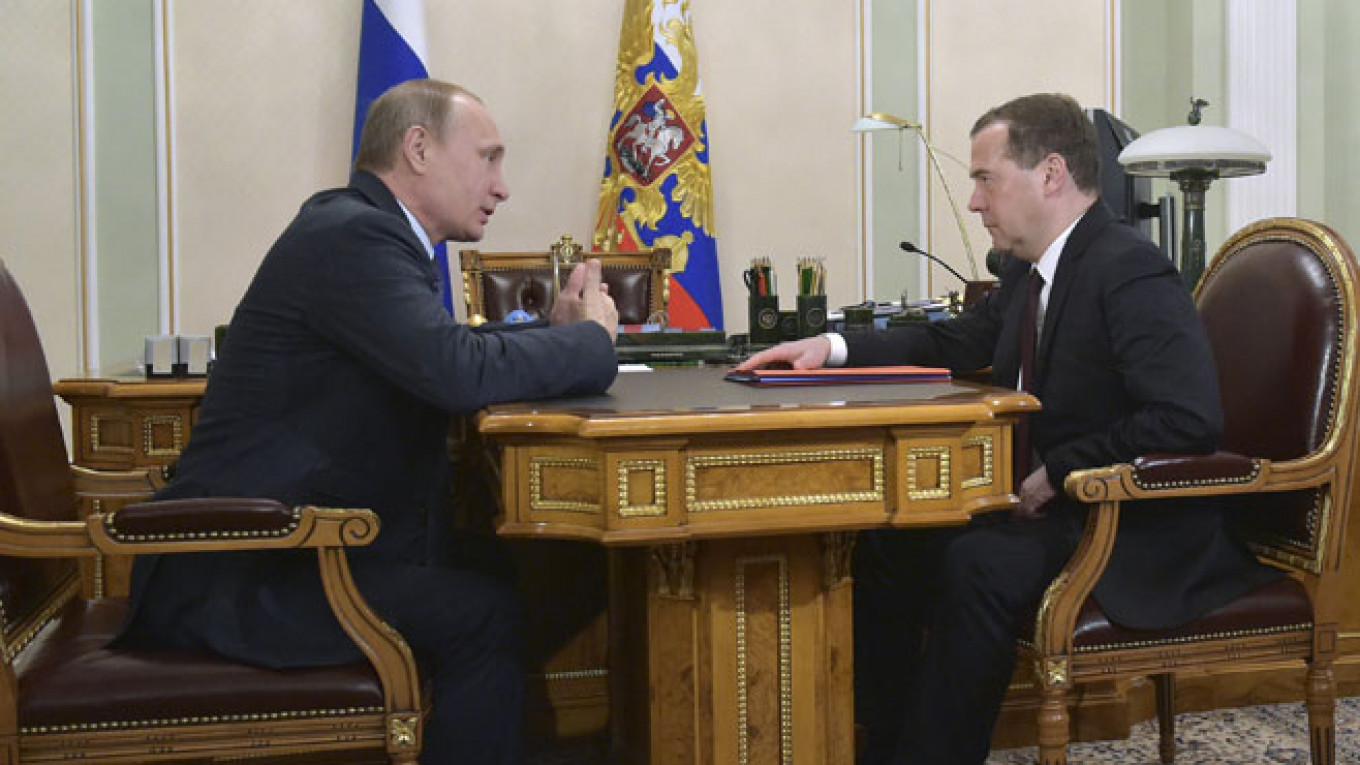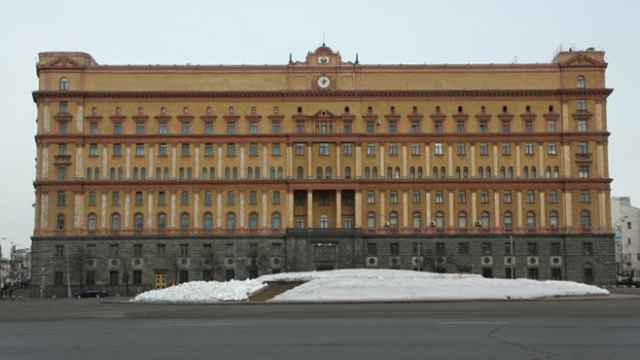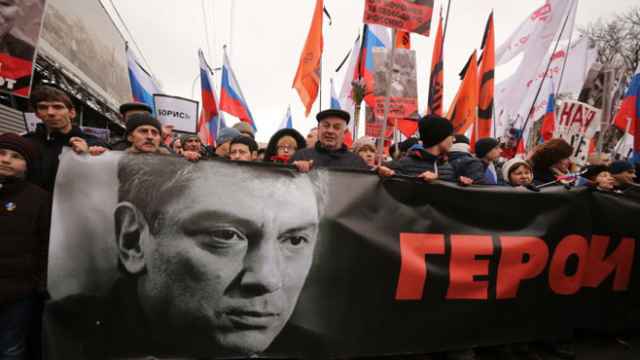It was announced in early April that government officials would again sit on the boards of directors of state-owned companies — this time as chairmen of the boards of Russian Railways, Rosseti, Rostelekom, RusHydro, Transneft and other major companies.
Previously, those boards were run by independent chairmen elected by shareholders, including the state as a major or majority shareholder. The practice of placing independent directors on the boards of state companies was the result of a recent liberalizing reform.
Why would Moscow install deputy prime ministers, government ministers and department heads on the boards of directors of state-owned companies? The obvious reason is that many state-owned companies are corrupt and inefficient.
In fact, it is not always easy to differentiate between corruption and incompetence. For example, was the 250 billion rubles ($4.8 billion) spent on the now-abandoned railway line from Krasnaya Polyana to Sochi wasted or stolen?
Management experience determines the reputation of an independent director, but officials have one more strength — their government posts, which enable them to directly or indirectly influence operations, depending on whether they fall within their area of responsibility. It is therefore logical to expect that Moscow's already considerable control over state-owned companies will now increase.
Nonetheless, this is a step backward. The use of independent directors in state-owned companies is an imperfect practice, but it is more advanced than exercising direct control through political channels.
It is difficult to manage state-owned corporations: The lack of a real owner makes it impossible to create good incentives for managers. The owners of such private companies as BP or ExxonMobil would have long ago replaced managers producing results — primarily in the area of capitalization — such as those seen in Russia's Rosneft or Brazil's state-owned Petrobras.
It is simply unprofitable to leave ineffectual top managers at their posts. An independent director worried about maintaining his reputation — especially if he is an investment banker or manager — is more likely to behave like a private owner than a government official is.
Although independent directors usually provide better incentives for managers, that is not always the case in Russia. Here, independent directors have not only failed to prevent the large-scale embezzlement that journalists and corporate activists have repeatedly uncovered in recent years, but most of them have never made any attempt to publicize the proof of wrongdoing by senior managers that they had in their possession.
Had they passed that information to the press or to government prosecutors, they would have fulfilled their primary duty of increasing the value of the company for the owners — in this case, Russian taxpayers.
And yet, despite such shortcomings, it would be better to preserve the institution of independent directors and improve it by, for example, punishing those who do not vote in favor of firing ineffective or corrupt senior managers.
In the long run, Russia's leaders will gain nothing by replacing this partially flawed institution with the even more imperfect practice of exercising direct control over state-owned companies.
Konstantin Sonin, a columnist for Vedomosti, is professor of economics at the Higher School of Economics in Moscow.
A Message from The Moscow Times:
Dear readers,
We are facing unprecedented challenges. Russia's Prosecutor General's Office has designated The Moscow Times as an "undesirable" organization, criminalizing our work and putting our staff at risk of prosecution. This follows our earlier unjust labeling as a "foreign agent."
These actions are direct attempts to silence independent journalism in Russia. The authorities claim our work "discredits the decisions of the Russian leadership." We see things differently: we strive to provide accurate, unbiased reporting on Russia.
We, the journalists of The Moscow Times, refuse to be silenced. But to continue our work, we need your help.
Your support, no matter how small, makes a world of difference. If you can, please support us monthly starting from just $2. It's quick to set up, and every contribution makes a significant impact.
By supporting The Moscow Times, you're defending open, independent journalism in the face of repression. Thank you for standing with us.
Remind me later.






